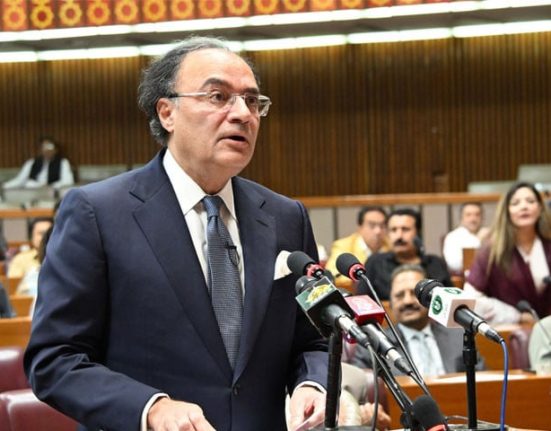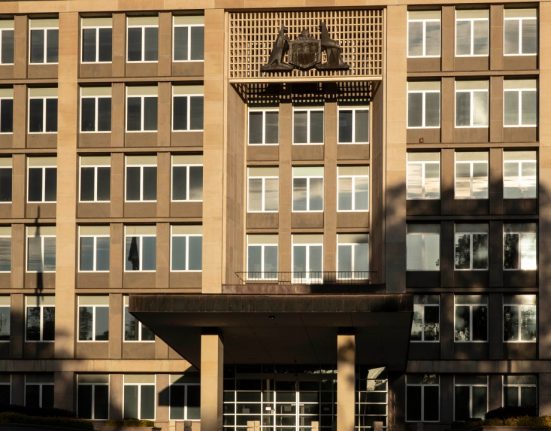The federal government’s Finance Bill 2025 has come under criticism from policy analysts and youth advocates for “failing to include dedicated programmes or fiscal incentives” targeting Pakistan’s youth, despite young people comprising over 60 percent of the population.
The Finance Bill, which outlines the government’s taxation and spending priorities for the fiscal year 2025–26, contains no explicit allocations for youth employment, entrepreneurship, skills development, or student-focused tax relief.
“There are no tailored measures that directly address the employment crisis faced by young people,” said Ahmed, a senior economist. “With more than two million youth entering the workforce annually, the absence of structured support mechanisms is a significant oversight.”
Speaking at the post-budget press conference on Wednesday, Finance Minister Aurangzeb acknowledged the demographic significance of Pakistan’s youth and emphasised the government’s broader approach.
“The government has to provide an enabling environment for youth,” the minister stated, acknowledging the $400 million freelancers contributed to the economy last year.
He also added how the private sector has to lead this charge, while pointing to the bill’s broader economic reforms and digital modernisation measures as indirect enablers.
However, critics argue that the enabling environment remains largely undefined in fiscal terms.
Limited indirect benefits through education sector
The bill does grant tax exemptions to certain private universities and nonprofit educational foundations.
Yet analysts say these provisions are legacy measures and do little to expand youth access to affordable or skills-oriented education.
Notably, no direct funding or fiscal relief has been announced for technical and vocational training—an area widely regarded as essential to addressing the skills mismatch in the labor market.
The government has allocated Rs39.488 billion in 2025-26 for Higher Education Commission (HEC), down from Rs61.115 billion the previous fiscal year in the Public Sector Development Programme (PSDP) – the main instrument for improving the socio-economic conditions in the country.
Digital reforms, but no startup support
While the Finance Bill 2025 introduces significant reforms in e-commerce taxation and digital tracking systems, including compliance requirements for online marketplaces and payment intermediaries, no financial incentives or startup support mechanisms have been included for small digital sellers, freelancers, or youth-led enterprises.
“There is increased enforcement, but no corresponding support for the entrepreneurs powering Pakistan’s digital economy,” said a consultant in the startup ecosystem. “This could discourage youth participation rather than promote formalization.”
Policy experts suggest that the government could have introduced:
-
Tax holidays or reduced corporate rates for youth-led startups.
-
Special registration regimes for digital freelancers.
-
Targeted subsidies or hiring incentives for businesses employing young workers.
-
National entrepreneurship development grants or incubator networks.
Instead, the budget emphasises enforcement, including provisions that allow the Federal Board of Revenue (FBR) to freeze bank accounts and restrict property transfers of non-filers.
Broader implications
Observers say the absence of youth-focused fiscal measures points to a disconnect between demographic urgency and policy planning. “A budget that does not invest in its youth is out of sync with the country’s long-term economic needs,” said an analyst.
The Finance Bill 2025 is currently under debate in Parliament and is expected to be passed before the end of June.







